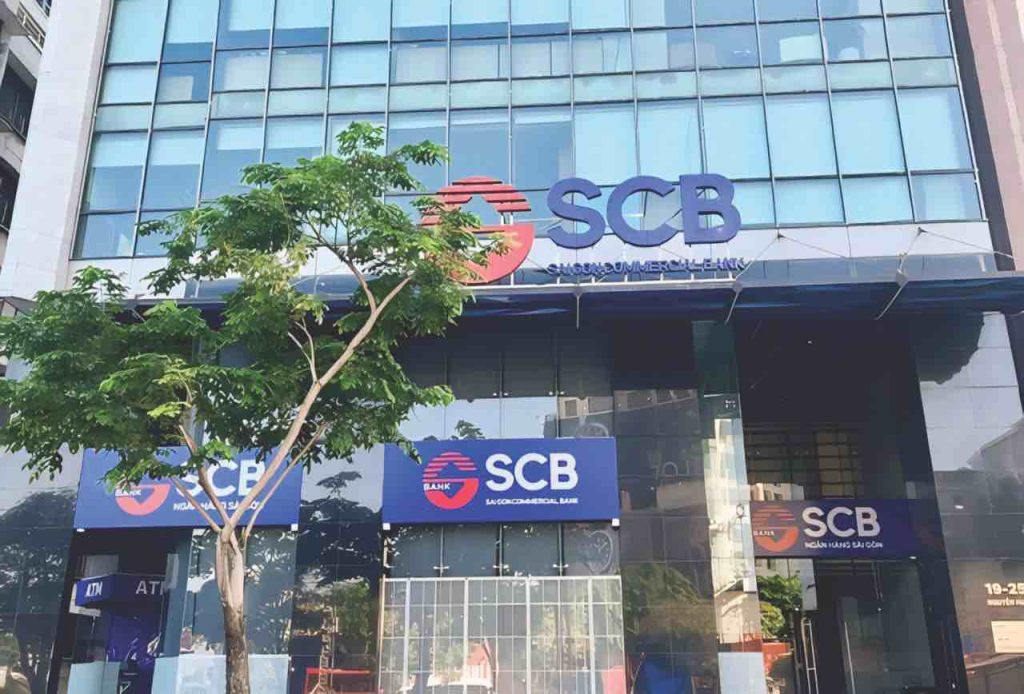A seemingly unknown name until April this year, the corruption case of Vietnamese property magnate Truong My Lan gripped the world’s attention. It was not only for the severity of the sentence she received but the justice system’s success in netting a coterie of influential persons in public office and banking for aiding her decade-long swindling spree.
Words Jennifer Paldano Goonewardane.

Truong My Lan.
Vietnamese property tycoon Truong My Lan must have been a genius while oozing oodles of charisma to pull through a national heist that amounted to three percent of her country’s GDP. A decade-long raid on the kitty began in 2012 and ended in 2022 with her arrest, during which she obtained USD 44 billion in illegal loans through the Saigon Commercial Bank (SCB). She was sentenced to death by the court. But she was not alone in the game. Colluding with her were high- ranking politicians and public officials who looked the other way while their stretched hands and open palms received millions of dollars. The verdict has become one of the most sensational outcomes of a case that gripped Vietnam, mainly because such a severe sentence was rare for fraud, and so harsh a sentence on a woman was even rarer.
The story of the 67-year-old mother of two is well known. She followed a time-tested method to swindle money from the SCB vis-à-vis Vietnam. Her case demonstrates the power of political connections for businesspeople to bribe their way through and to pull off the unthinkable. As pointed out, her case is a classic example of businesspeople buying into banks and financial institutions to buttress their projects. There is reason to worry because it becomes a convenient kitty from which they can finance their capital requirements. It is a common practice; the problem is if there is an absence of checks and balances. Moreover, several significant shareholders help veto unreasonable demands while central bank supervision stymies any subverting practices while imposing shareholder limits. That is where My Lan’s case was different.
She was by then a prominent business- woman in Ho Chi Min City with an extensive real estate portfolio. Her advent into the saga began with her involvement in a 2011 merger of three smaller crumbling entities into one, a merger she mooted with other collaborators with the central bank’s blessings, propelling her to indirectly control a significant stake in the newly formed SCB, 91.5 percent through shell companies and individuals acting on her behalf. She did that to evade the country’s law that allows only a five percent individual stake in any bank. Her tentacles were well in place. She used her proxies to embark on a borrowing spree, compelling SCB executives to approve 2,700 loans in a decade for the slew of alleged shell companies controlled by her property business. When My Lan indirectly controlled the most significant stake at SCB, she had the power to appoint a group of ‘yes’ women and men as executives to approve her loans. Lan’s borrowings amounted to 93 percent of the bank’s total lending.
But how did she avoid scrutiny? By bribing. She had allegedly bribed a central banker five million dollars in addition to being protected by the political hierarchy in the country’s ruling Communist Party. Senior politicians from the ruling party had to step down after the scandal’s revelations. Even astonishingly, top auditors like Deloitte, EY, and KPMG found no plausible red flags in the SCB audits that may have prompted an investigation. Eighty-four defendants received varying sentences, some life sentences. My Lan’s husband and niece received prison sentences as well.
But what prompted government action that led to an unprecedented crackdown and prosecution in Vietnam? After all, My Lan’s actions went unchecked for years. Analysts contend that Vietnam’s secretive and cloistered Community Party had a wake-up call amid unbridled corruption. A realization that the public was getting increasingly disillusioned and exhausted from uncontrolled corruption among the ranks of the political machinery and public sector. A realization that corruption would eventually threaten the Communist Party’s hold on power. Thus, the ‘Burning Furnace’ campaign intended to convey the party’s stand on corruption and its commitment to its eradication. Others have pointed out that as elections loom, corruption becomes the focus, and ruling parties and coalitions can read the pulse of the people to know the extent of the threat to their existence.
Prosecutors in Vietnam had argued that My Lan should be ostracized from society forever. That should rightly be the punishment for government or private sector individuals who indulge in corruption to accumulate wealth. However, as the Asian region continues to push for prosperity through heightened economic activity, corruption has been a looming specter at every turn. As My Lan’s extent of activities and her harsh sentence, along with the sentences imposed on a coterie of individuals who had aided and abetted and gained from her activities, hit headlines across the world, some analysts have pointed out, drubbing corruption may not help the process as corruption has been keeping the process rolling, buttressing the many clasps in a complex network, which, al- though faulty, helps get things done, for projects to roll on. In Vietnam, the severe crackdown has impacted the bureaucratic system, as officials fearing reprisals are reluctant to make decisions, resulting in a slowdown. As pointed out, for Asia, which is eager to write the world’s ensuing significant economic development chapter, an about-turn in corruption should mark its ascent on the global stage.
Meanwhile, in Vietnam, a country shaken by one of its largest financial frauds, following the prosecution of multiple individuals, legislators passed a new law in early 2024, tightening ownership rules and lowering the maximum stake investors can hold in a domestic bank, thereby preventing market manipulation. In addition to the death sentence, the court instructed My Lan to return USD 27 billion. However, many, including prosecutors, doubt whether such an amount would see the light of day.
Business Today extracted information for this article from the following:
CAN Explains: How a death sentence in Vietnam links to a massive anti-corruption drive by Tung Ngo for CAN on 24 April 2024. Vietnamese Court Sentences Property Tycoon to Death in Giant Fraud Case by Sebastian Strangio for The Diplomat on 12 April 2024.
Truong My Lan: Vietnamese billionaire sentenced for $44bn fraud by Jonathan Head & Thu Bui for BBC on 11 April 2024.

Saigon Commercial Bank (SCB).





